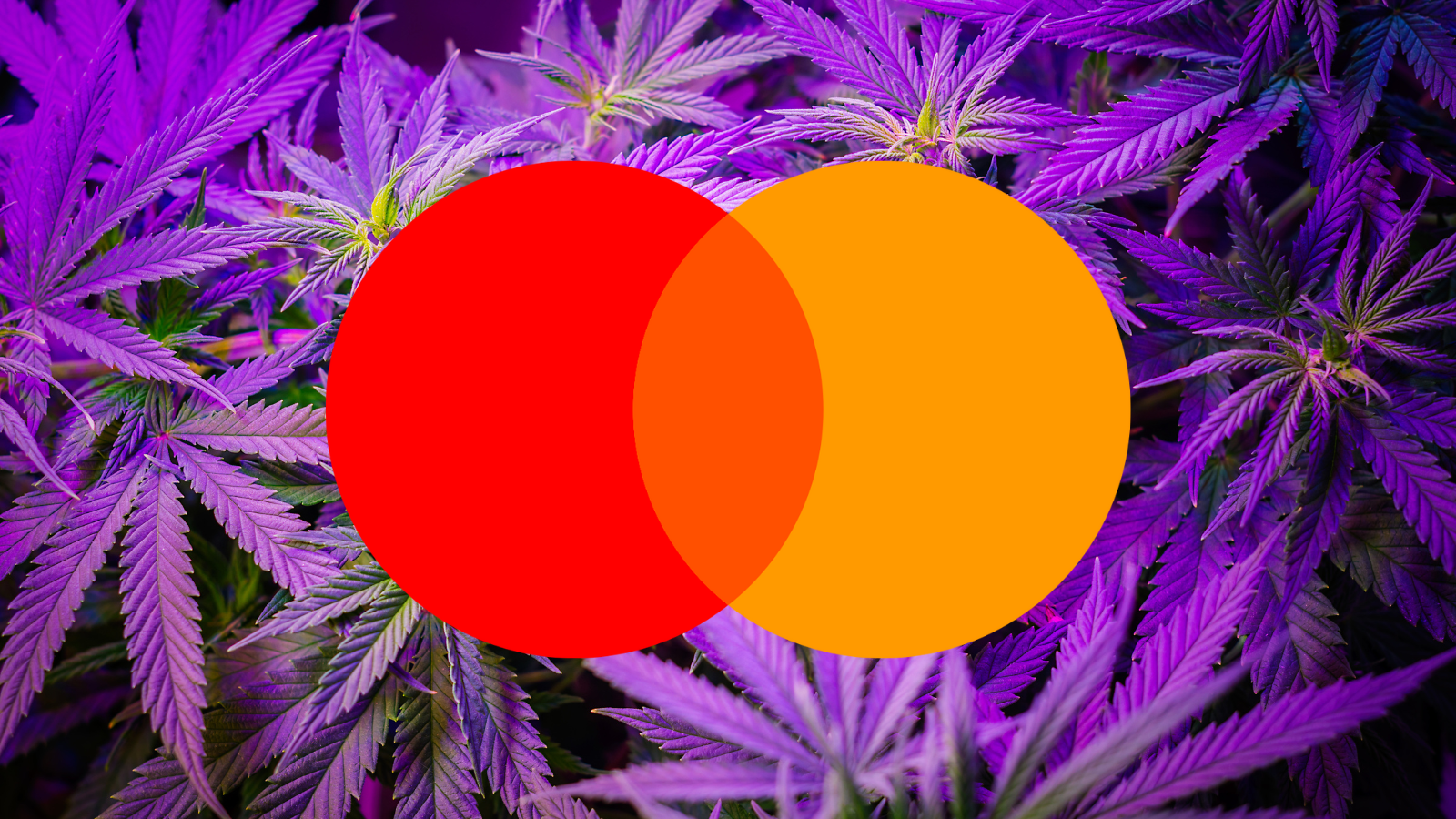Mastercard’s recent decision to prohibit marijuana transactions on its debit cards has sent shockwaves through the cannabis industry in the United States. This move has dealt a significant blow to an already marginalized industry, struggling with limited access to banking services due to conflicting federal and state laws on marijuana legality.
Background of the Cannabis Industry in the US
In the US, while some states have legalized marijuana for medicinal and recreational purposes, it remains illegal at the federal level. Consequently, most banks have refrained from offering their services to cannabis companies, leaving them to operate on a largely cash-based system.
Mastercard’s Directive to Financial Institutions
Addressing the matter promptly, Mastercard instructed financial institutions facilitating payment services for cannabis merchants to terminate such transactions. The decision is based on the federal government’s stance that deems cannabis sales illegal, making them ineligible for processing on the Mastercard network.
Reaction from the Cannabis Industry
Industry leaders have expressed dismay at Mastercard’s decision. Sunburn Cannabis CEO, Brady Cobb, remarked that this move negatively impacts the state-legal cannabis industry and hampers consumer access to legal cannabis products. Verano’s President, Darren Weiss, vowed to continue advocating for cannabis reform in Washington, striving to foster conversations supporting the safe and legal growth of the industry.
Challenges Faced by the Cannabis Industry
Mastercard’s ban on cannabis purchases exacerbates existing challenges faced by the industry, particularly its financial limitations and reliance on cash transactions. The lack of access to traditional banking services hinders growth and innovation within the sector.
The SAFE Banking Act represents a crucial legislative initiative that seeks to ease the burden on the cannabis industry. By providing access to banking services, the act aims to promote transparency, accountability, and stability within the market.
Political Landscape and Roadblocks
Despite the importance of the SAFE Banking Act, Republican Senator John Cornyn dismissed Majority Leader Chuck Schumer’s plan to pass the bill as “wishful thinking.” However, industry stakeholders remain committed to engaging in constructive dialogues with elected officials to advance the cause of legal cannabis.
Mastercard’s Decision and its Implications
Mastercard’s ban raises concerns about the potential impact on the growth and expansion of the cannabis market. Consumers and patients seeking safe and legal access to cannabis products may face significant challenges due to the restricted payment options.
The Future of Cannabis Banking
The cannabis industry must continue advocating for policy changes and exploring alternative payment options to circumvent restrictions imposed by financial institutions. Innovative partnerships and payment solutions can help mitigate the adverse effects of Mastercard’s decision.
Mastercard’s Stance on Federal Laws
Mastercard’s decision aligns with its commitment to comply with federal regulations. While the ban affects the cannabis industry, it highlights the company’s adherence to laws that govern its operations.
Alternative Payment Options for the Cannabis Industry
As the industry adapts to Mastercard’s ban, stakeholders must consider other payment solutions. Collaborations with fintech companies and exploring digital payment platforms could offer new possibilities for cannabis transactions.
Legal Challenges and Industry Resilience
The cannabis industry may face legal battles against financial institutions, testing its resilience. Despite challenges, the industry has demonstrated remarkable adaptability and tenacity.
Public Perception and Social Stigma
Shifting attitudes towards cannabis play a crucial role in shaping financial decisions. Overcoming social stigma is vital for fostering mainstream acceptance and financial inclusion for the industry.
Future Outlook for the Cannabis Industry
The future of the cannabis industry hinges on various factors, including policy changes, public perception, and ongoing efforts to expand access to banking services. With perseverance and strategic planning, the industry can unlock its true potential.
Conclusion
Mastercard’s decision to ban cannabis purchases on its debit cards has significant implications for the cannabis industry in the US. While this move poses challenges, it also underscores the need for continued advocacy and innovative solutions to foster the growth of the legal cannabis market.
FAQs:
- Is cannabis legal in all states in the US?Cannabis legality varies among states, with some allowing both medicinal and recreational use, while others maintain strict prohibition.
- What is the SAFE Banking Act?The SAFE Banking Act is a legislative initiative aimed at enabling cannabis companies to access banking services, thereby promoting transparency and stability within the industry.
- How will Mastercard’s ban impact consumers?Mastercard’s ban could limit consumer access to legal cannabis products, as many transactions are primarily conducted using debit cards.
- Are there alternative payment options for the cannabis industry?Yes, the industry is exploring partnerships with fintech companies and digital payment platforms as alternatives to traditional banking services.
- What challenges does the cannabis industry face in the financial sector?The cannabis industry faces challenges in accessing traditional banking services due to conflicting federal and state laws on marijuana legality.



COMMENTS